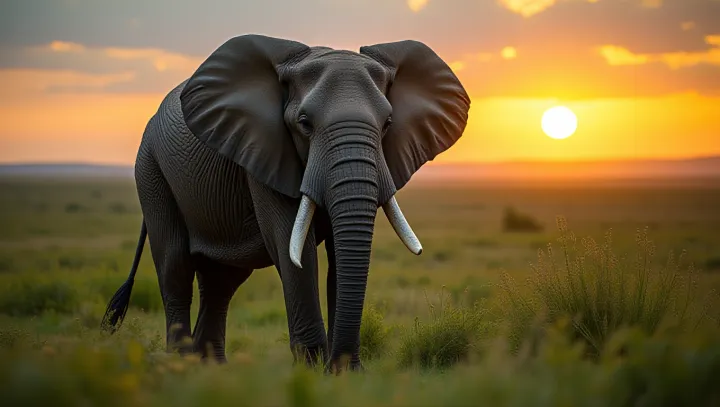Elephants: Guardians of Longevity

In the expansive wilderness of Etosha National Park, located in Namibia, the majestic African elephant thrives, capturing the awe and admiration of scientists and visitors alike. Known for their substantial lifespans, these elephants can live up to 70 years in the wild, a testament to their robust social structures and vital ecological roles. Long-lived animals have always fascinated researchers, and elephants stand prominently within this category.
The high intelligence, strong social bonds, and memory capacities of elephants contribute significantly to their ability to survive and adapt over decades. In the herd, the matriarch, often the oldest and wisest female, leads with invaluable knowledge passed down through generations. Experts underline the importance of safeguarding these gentle giants against threats such as poaching and habitat fragmentation, which imperil their existence.
According to Dr. Angela Thompson from the Wildlife Conservation Society, 'Protecting elephants is crucial not only for biodiversity but also for maintaining the integrity of ecosystems where they serve as keystone species.' This call for protection is echoed by conservationists worldwide who stress the urgency of preserving elephant habitats and enforcing anti-poaching laws. The iconic status of elephants highlights the broader implications for global biodiversity conservation and the need for collaborative international efforts.
In conclusion, elephants symbolize not only the marvels of long life in the animal kingdom but also the challenges and triumphs of conservation. Their enduring legacy serves as both an inspiration and a call to action to protect the natural world they help sustain.
